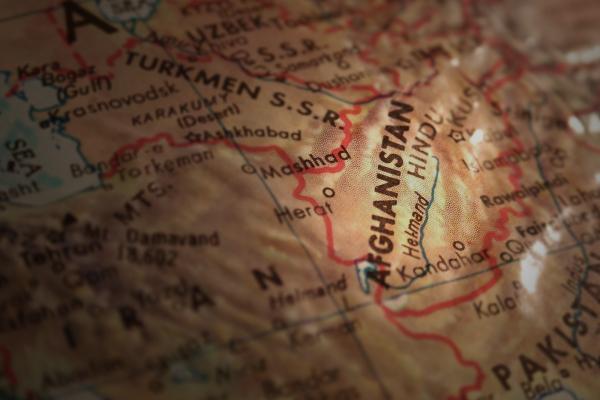Oct 6, 2015
When I heard that a U.S. military plane blew up a hospital in Afghanistan on Oct. 3, I assumed that it was a mistake, albeit a deeply tragic one. That’s what NATO claimed.
“The strike may have resulted in collateral damage to a nearby medical facility,” their statement said.
In the heat of the battle, bombs fell where they weren’t supposed to fall.
But the “collateral damage,” 22 dead and 37 injured civilians, may not have been hit on accident.
Read the Full Article

Already a subscriber? Login
